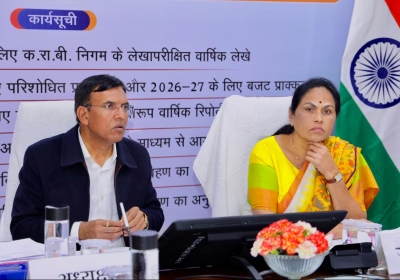
Israeli Prime Minister Undergoes Emergency Surgery
Israeli Prime Minister Benjamin Netanyahu Undergoes Emergency Surgery Amidst Turmoil
Israeli Prime Minister Benjamin Netanyahu underwent emergency surgery to have a pacemaker fitted after being taken to the hospital on Saturday night. Doctors at Sheba Medical Centre reported that the procedure was successful, and he is not in a life-threatening condition.
The hospitalization occurred just before a crucial vote in parliament concerning a contentious overhaul of the judiciary. This reform has sparked widespread protests across Israel, with many workers threatening to strike if the bill is passed.
In a video message before his surgery, Mr. Netanyahu assured the public that he was feeling "excellent" but was following his doctors' advice. Concerns had been rising about his health since he was previously admitted to the hospital due to dehydration.
ALSO READ:
The operation went smoothly, and Professor Roy Beinart from Sheba Medical Center stated that Mr. Netanyahu's condition is not life-threatening. He is expected to be discharged on Monday, but his planned trips to Cyprus and Turkey will be rescheduled.
Mr. Netanyahu expressed hope that he would recover in time to attend parliament after the procedure. The next 48 hours are crucial as a critical vote on his government's plans for changes to the judiciary is expected. Months of protests in Israel have taken place against the proposed reforms, which aim to limit the powers of the Supreme Court.
Israel's Turmoil
The upcoming vote is set to be a significant showdown between the hard-line religious-nationalist coalition and various segments of Israeli society. Opposition MPs are passionately pleading with the government to abandon its judicial reform plans.
Tens of thousands of protesters have marched from Tel Aviv to Jerusalem to voice their opposition to the changes in the justice system, with large crowds occupying Sacher Park near the parliament after a four-day protest march.
There are expected to be demonstrations near the parliament during the vote, and the government also faces the threat of a mass boycott of service duty by thousands of military reservists, including hundreds of air force pilots, if the law is passed.
Several former army chiefs of staff and numerous senior Israeli security officials have publicly criticized the government's judicial reform plans and voiced their support for the reservists' cause. They believe that the proposed legislation poses a threat to the foundations of Israeli society, divides the people, weakens the military, and harms Israel's security.The reservists' boycott, if it occurs, could severely impact the Israeli military's operational capability, making it a pivotal moment in the anti-government protest movement.
At the heart of the controversy lies the concern that the judicial reform will undermine Israel's democracy by weakening the judiciary. Critics of Mr. Netanyahu fear that he is using this reform as a tactic to protect himself from corruption charges he currently faces. However, the Prime Minister denies any such intentions.
Supporters of the reform argue that the Supreme Court has become too "activist" over the years, obstructing the policies of democratically elected governments and making decisions based on political biases. As the situation unfolds, the future of Israel's judiciary and its democracy remains uncertain.





